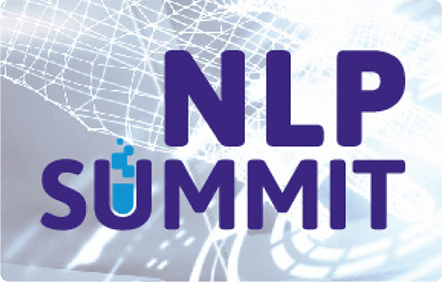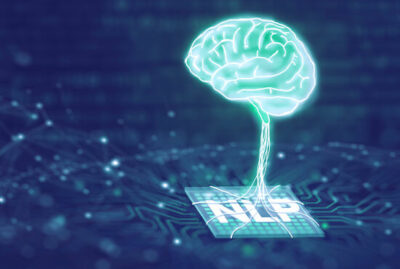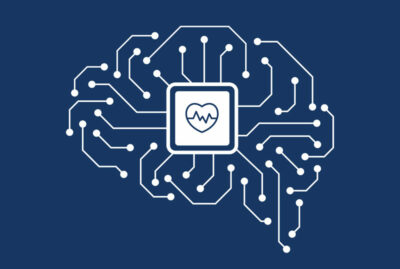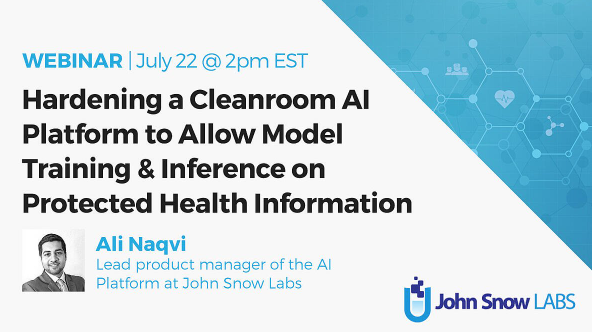We’re hugely thrilled to announce the immediate availability of the new major version of the Healthcare AI Platform. This release raises the bar on the industry’s only “cleanroom” AI platform that is designed for high-compliance industries where PHI or PII data is analyzed:
- Runs in a complete air-gap manner: without Internet access
- All computation is done within the platform. No data, models, or code leave the cluster
- Runs on your infrastructure. Nothing gets sent to a third party
- Central identity management, single sign-on, and key management
The trick, of course, is to achieve all that without trading off the key benefits of cloud services:
- Elastic: scales from 5 to 5,000 machines without downtime
- Fully managed, out-of-the-box data science notebooks, model serving, data integration, data processing pipelines, visualization, and dashboards
- Central security, monitoring, logging, and management tools
The Healthcare AI Platform is automatically deployed in 2-4 hours on a cluster of your choice – on any cloud or on-premise cluster, anywhere in the world – as one fully managed Kubernetes cluster.
“Data science teams in high-compliance industries often have to make hard trade-off between having access to state-of-the-art libraries and tools; the convenience of managed services, elasticity and scale offered by cloud providers, while adhering to the highest bar of security, privacy, and compliance. Our goal with the Healthcare AI Platform is to deliver on all three areas without compromise”, said Ali Naqvi, lead platform product manager at John Snow Labs.
The same platform was recognized last year by CIO Applications as its AI Platform of the Year thanks to a combination of cutting-edge AI technology and proven customer success. The platform is deployed and actively used by multiple Fortune 500 healthcare, life science, and health IT companies to build, deploy, and operate real-world data science systems.
This new release includes over 140 new features and enhancements. Roughly half of them are focused on enhanced security & compliance. The other half adds new productivity features for data scientists and data analysts. As always, this release also updates all of the healthcare-specific datasets, medical terminologies, natural language processing pipelines, and pre-trained deep learning models that are included to jumpstart healthcare & pharma AI projects.
Contact us for a live demo or trial version of the Healthcare AI Platform.
Healthcare AI Platform Q2 2020 Release: Major Enhancement & New Features
Identity & Access Management
- Single sign-on for all new components
- Two-Factor Authentication
- Password formats & password strength policies
- Password expiration policies
- Support for temporary passwords
- Support for password-less authentication and multiple credentials per user
- Signed and Encrypted ID Token Support
- Fine-grained authorization & authentication controls
For SecOps: Security Hardening
- New image vulnerability scanners are in use and previous ones have been upgraded
- Dynamic deep image inspection and vulnerability scanning of Docker containers has been implemented
- Tens of thousands of vulnerabilities in underlying open-source packages have been resolved
- Distro-less images (initial rollout): These images contain only your application and its runtime dependencies. They do not contain package managers, shells or other standard Linux programs, drastically reducing what an attacker can do even on a compromised host.
For DevOps: Scaling & Kubernetes Operations
- Upgraded to Kubernetes 1.17 with GPU support
- Support for allocating GPU’s to specific users or services
- Support for pod priority and preemption
- Support for pod readiness gates
- Hardened the discovery of Kubernetes role-based access controls
- Scalability & fault tolerance for the visualization & dashboarding services
- Fault tolerance for the identity & access management database
For Data Scientists: Managed Notebooks
- New built-in HTML viewer
- Find & replace
- Find & go to line in the CSV viewer
- Enhanced node structure in the JSON tree viewer
- Drag & drop between console & notebook cells
- Notebook cell tags
- Presentation mode for notebooks
- Added a “Restart Kernel and Run All Cells…” button
- Added a status bar
- Better performance, especially for large notebooks
- New keyboard shortcuts for navigation and better tooltips
- Pasting cell attachments and dragging attachments from the file browser
For Data Analysts: Managed Visualization & Dashboards
- Alerting! Visually configure when and how to receive alerts on data changes
- Alert monitors can be scheduled and based on either structured or unstructured data queries
- Alert notifications supported via Slack, email, or webhooks
- Responsive dashboards
- Improved time picker & time filter selector
- Document based access control
- Index based access control
- New user interface to access security configuration, access control, and logs
For Application Developers: Managed Model Serving
- Update all base images to apply latest Python, TensorFlow, and other library versions
- Package, publish and serve PyTorch models
- Package, publish and serve Spark NLP 2.5 models
- Configurable & separate model registry for published & deployed models
- Model query server for deployed models now supports Kubernetes-based configurable scaling, recovery, and failover across a cluster
- Model packaging & publishing includes single sign-on and role-based access
WEBINAR: Hardening a Cleanroom AI Platform to allow model training & inference on Protected Health Information
Artificial intelligence projects in high-compliance industries, like healthcare and life science, often require processing Protected Health Information (PHI). This may happen because the nature of the projects does not allow full de-identification in advance. In such scenarios, the alternative is to create an “AI cleanroom” – an isolated, hardened, air-gap environment where the work happens.
Join us on July 22nd at 2 PM ET for a live webinar that will:
- Present the architecture of such a Cleanroom AI Platform, which has been actively used by Fortune 500 companies for the past three years.
- Survey the hundreds of DevOps & SecOps features requires to realize such a platform – from multi-factor authentication and point-to-point encryption to vulnerability scanning and network isolation.
- Explain how a Kubernetes-based architecture enables “Cleanroom AI” without giving up on the main benefits of cloud computing: elasticity, scalability, turnkey deployment, and a fully managed environment.
The new healthcare AI platform combines air-gap security with enterprise-grade scalability, ensuring that sensitive data remains secure while leveraging Generative AI in Healthcare to enhance insights. This platform also supports a Healthcare Chatbot, enabling responsive and secure patient interactions while meeting rigorous compliance standards.































